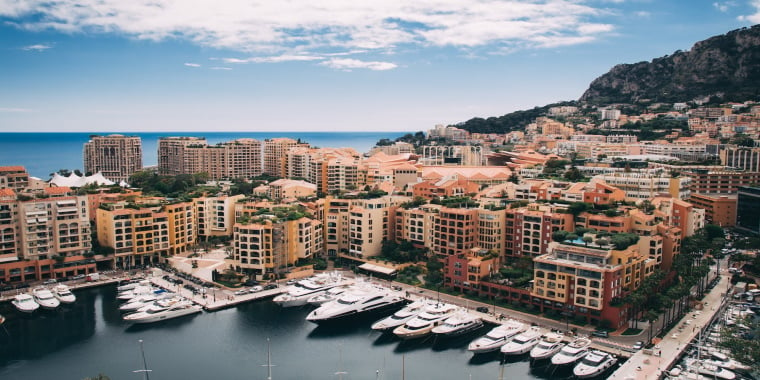
The geographical position of Monte Carlo (Principality of Monaco) has always attracted tourists and businessmen. Obtaining residence in this small independent country, set in the French territory, on the shores of the Mediterranean, is not easy despite the qualification of neighbouring Country of the European Union that uses the same currency as the Euro Zone.
The country is placed within a stable economic context; the government is based on a hereditary monarchy that allows investments and seizes interesting opportunities. Although the Principality of Monaco has a simple and benevolent tax structure, it is not considered a tax haven. This is a huge advantage for all those economic realities that want to use Monaco as a basis for investment. The same applies to residents.
Residents enjoy particularly favourable conditions, which make residence advantageous. The Principality lives in a flourishing economic situation, which allows it to further develop its business. It is ideal for the entrepreneur who wants to enjoy the benefits of a lean bureaucracy, an ideal environment for business and leisure, developing knowledge and social relations useful for their business.
Those who reside in Monte Carlo of non-French nationality do not pay direct taxes on the natural person (Impôt sur le revenu des personnes physiques). Of course, in order to obtain this benefit, it is indispensable to obtain the residence in the Monegasque town.
The factors for becoming a resident are:
Beyond these objective conditions, the Monegasque authorities reserve the justified right to refuse the application for residence.
No taxes are paid on assets, property or capital gains.
The objective of the Principality is to encourage the start-up of commercial activities, services, especially if related to the financial sector or tourism. For this reason, the taxation of companies is facilitated, provided that certain conditions are met:
Recently, the Principality of Monaco has changed its economic policy, trying to diversify its sources of income, which previously depended almost exclusively on casinos and tourism. Principality's economic subsistence is strictly linked to its geographical size and its lack of internal resources. For this reason, financial services have become an important chapter in the economy of Monte Carlo. This is why several financial institutions have opened offices to carry out their activities.
In the Principality, in particular, the gain from the sale of shares or other financial instruments, and dividends, are not taxed. Real estate taxes are practically non-existent. A registration tax is levied on rent contracts, equal to one per cent of the one-year rent, plus the costs of condominium.
A separate chapter deserves the inheritance taxes concerning the assets located in the Principality:
For each type of transfer of goods, the legal costs must be taken into account, (stamp duty, transcriptions, recordings etc.).
As mentioned, it is the residence that brings the tax benefits, but taking it is not easy. It is essential to know the local regulations, as well as to rely on experienced consultants who have a seat on site, in order to complete a complex and detailed bureaucratic process. Over the years, the Principality has become a transparent, reliable country that works with partner countries to discover fictitious residences and headers of convenience.
Our experts can help you in the process of relocation. Contact us to learn more.
All content © . All Rights Reserved.